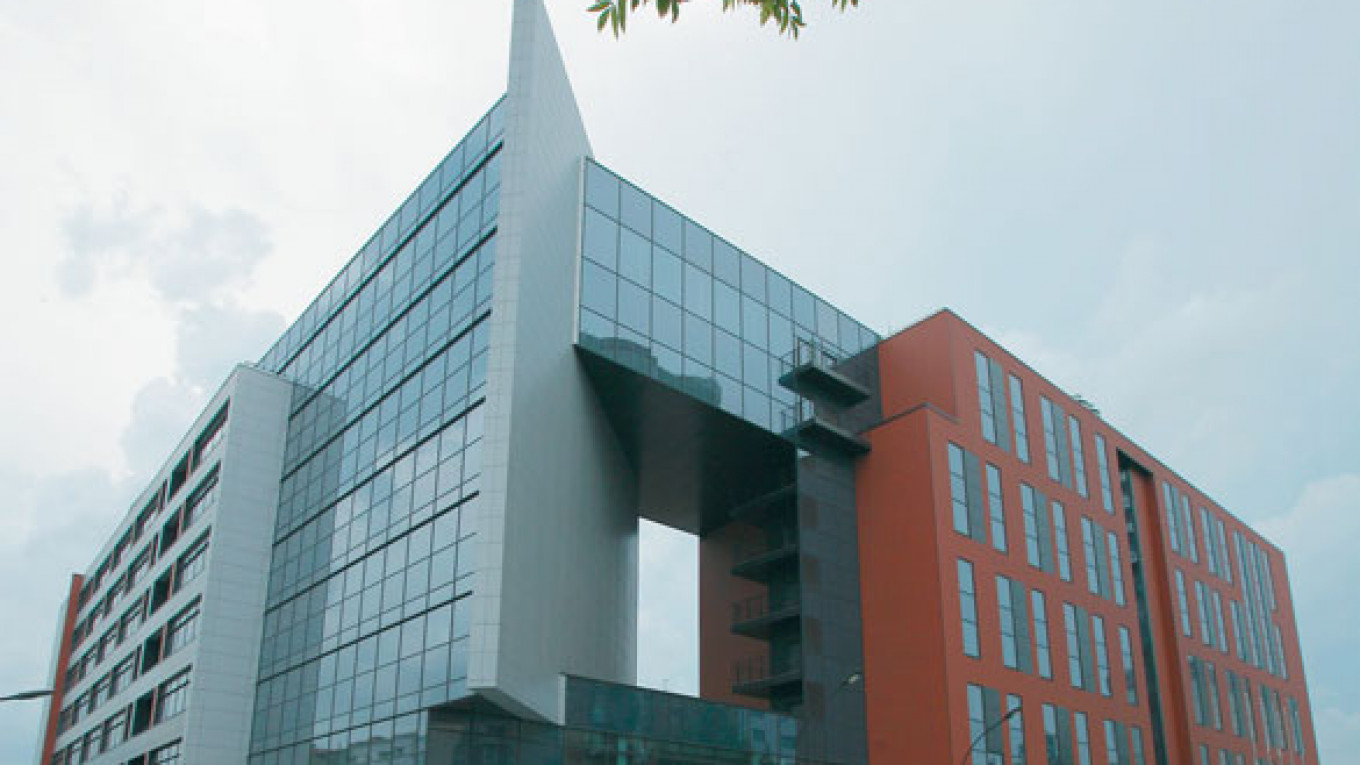The development of airport hubs will spur the expansion of regional hotels but the government's slow progress on visa reform could act as a brake on growth, as it keeps tourists out of the country.
The expansion of Tolmachevo airport in Novosibirsk, for example, may attract more international brands to the city and encourage Russian chains to meet global standards.
Novosibirsk is Russia's third most populous city, with 1.4 million residents and an industrial history that predates the Revolution. Electric power, metals and food processing grew rapidly in the first 25 years from the city's founding in 1893, and boomed thereafter.
Yet it has only one international hotel, DoubleTree by Hilton, located in the city center. That will be joined later this year by Marriott, which plans to open a 5-star property, bringing the city another world-class brand.
"Local authorities and travel institutions work very hard to promote West Siberia as a destination for tourists," said Alexander Khabalashvili sales and marketing director with London & Regional Properties in Russia, which develops Hilton Hotels in the country. "But for the time being, locations around Novosibirsk and Altai region remain popular mostly among regional tourists. We promote Novosibirsk as a destination by participating and presenting the region trough International Exhibitions such as Internationale Tourismus-Börse and Beijing International Tourism Expo."
Business travelers, sports and local tourism are the mainstay of regional hotels. The DoubleTree by Hilton Hotel Novosibirsk is mainly oriented towards business travelers. Yet, it sources business from government, national and international sport teams, airlines and tourists. Peak seasons last from mid-January to June and from August to mid-December.
Novosibirsk Tolmachevo airport is Russia's 6th largest in terms of passenger turnover. The airport management plans to build an internationally-branded midscale hotel linked to the terminal. "The airport has a great potential to grow, given its beneficial location at the crossroads of European/Asian routes," said David Jenkins, head of Hotels and Hospitality for Jones Lang LaSalle Russia & CIS. There is only one quality hotel operating in the airport area, the 149-key Skyport hotel built in 2008.
In total, Novosibirsk has 34 hotels and about 2,200 rooms, comprising renovated Soviet-era hotels, mini-hotels and one international branded hotel. But of these, only eight hotels, or 1,400 rooms, represented quality accommodation, Jenkins said. The pattern is similar in most regions, although Kazan and Yekaterinburg have the most competition. The quality hotels suffer from a lack of weekend tourism, yet still achieve occupancy of 60-65 percent, Jenkins said.
Holiday Inn Express, part of InterContinental Hotels Group, will develop 15 regional hotels by 2019 through a franchise arrangement with VIY Management. It will more than double IHG's rooms in the country.
The regional hotel industry is still escaping the clutches of recent Soviet history. Many cities are monogorods or towns with a single major employer. That company, or its shareholders, may decide to build a hotel, which will serve the local industry, whether it is tank building in Nizhny Tagil, steel in Lipetsk or automotive, metals and chemicals in Samara.
Regional sports also drive business. The Russian hockey league lasts for many months and teams, coaches and fans generate significant volume for local hotels. The city of Kazan hosts more than 300 sports competitions every year and is the venue for the 27th Summer Universiade Kazan 2013 in July. It is expected to be the 2nd largest sports event in the world by number of athletes taking part.
Sochi will host the 2014 Winter Olympics and Paralympics and it is just one of 13 Russian cities that will host the 2018 FIFA World Cup. Among political events, Ufa, capital of the Russian Republic of Bashkortostan, will host the 2015 meeting of the Shanghai Cooperation Organization.
Consultants KPMG say this has led investors to focus on the host cities. "We assume that hotel performance in the host cities will be very much dependent on the rest of the infrastructure built for the events," said Olga Fazullina manager, Hospitality & Leisure,Corporate Finance, at KPMG.
"It will also depend on government efforts to support these cities by providing them with new opportunities to host national and international events. Additional government initiatives including granting some of the cities the status of special economical zones or taxation benefits may also positively influence the profitability of hotels."
A Message from The Moscow Times:
Dear readers,
We are facing unprecedented challenges. Russia's Prosecutor General's Office has designated The Moscow Times as an "undesirable" organization, criminalizing our work and putting our staff at risk of prosecution. This follows our earlier unjust labeling as a "foreign agent."
These actions are direct attempts to silence independent journalism in Russia. The authorities claim our work "discredits the decisions of the Russian leadership." We see things differently: we strive to provide accurate, unbiased reporting on Russia.
We, the journalists of The Moscow Times, refuse to be silenced. But to continue our work, we need your help.
Your support, no matter how small, makes a world of difference. If you can, please support us monthly starting from just $2. It's quick to set up, and every contribution makes a significant impact.
By supporting The Moscow Times, you're defending open, independent journalism in the face of repression. Thank you for standing with us.
Remind me later.






